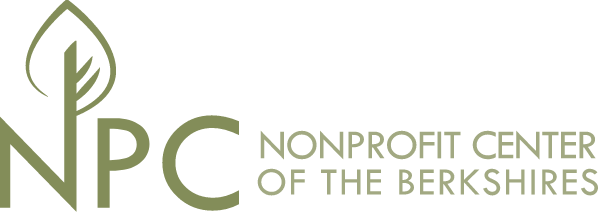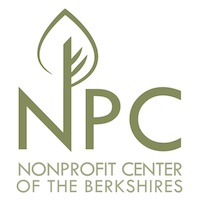Entry- and mid-level arts and culture workers in this region struggle to put gas in their cars, find decent housing, access basic healthcare, feed their families, and as a result, maintain their financial, physical, and emotional wellbeing. These challenges are more pronounced for people of color and other identity groups who have historically experienced oppression. The potential exodus of these workers from the sector and region has a destabilizing effect on institutions, diminishes artistic expression, and threatens the creative economy for which this region is internationally known.
In September 2024, the Berkshire/Columbia Counties Pay Equity Project released its findings, which dramatically tell this story with original data, the voices of workers themselves, and concrete recommendations for employers (to which Coalition members have committed themselves). The report received regional (Berkshire Edge, Berkshire Eagle, WAMC, NEPM) and national (NPQ, APAP, TCG) attention, and having grown from six to eighteen arts and culture institutions, the project is now a movement.
- 2023 Pay Equity Project Executive Summary and Full Report
- Berkshires/Columbia County Pay Equity Coalition: 2024 Summit
- Berkshire/Columbia Pay Equity Project – Findings & Recommendations Summit: June 14, 2023
Quotes:
“Even after ten years I have no retirement savings, and I’m still paying off college debt. I have no safety net. I’m sacrificing financial stability, along with my mental health. This is not sustainable.” – Anonymous entry-level arts and culture worker
“What started as a handful of arts organizations has become a movement–I am hopeful that compensation equity will become the ‘new normal’ in this region, and the creative economy will flourish as a result.” – Lucie Castaldo, Executive Director, Berkshire Art Center
“A lot of people assume pay equity will break the bank, but we are showing that it can be done using innovative practices from around the country, sharing strategies regionally, collectively working to expand funding and create new systems, and including entry- and mid-level workers themselves in the process in meaningful ways.” – A.J. Pietrantone, Deputy Director, Jacob’s Pillow Dance Festival
History:
The inspirations for our work are our own colleagues, as well as the cultural employees who found outlets for their voices in 2020 through the open letter We See you White American Theater, Change the Museum, and Change Berkshire Culture. Using these forums, cultural sector workers shared stories of how working in the arts caused financial hardships/inequity that took a toll on their physical and mental health and personal relationships.
In 2022, as part of a year-long Inclusive Leadership program facilitated by Multicultural BRIDGE and supported by Berkshire Taconic Community Foundation, six art and culture employers in Berkshire and Columbia Counties in Western Massachusetts and Upstate New York asked entry- and mid-level arts and culture employees about their experience of current compensation models. We asked arts and culture organizations how they are striving to make arts and culture work livable. And we asked ourselves to imagine a future that recognizes that passion doesn’t pay the rent. In June of 2023, the coalition had a public release of the project report including data, stories, and a menu of offerings for how to achieve more equitable compensation in our sector.
Now a growing coalition of arts and culture employers are implementing the report recommendations and improving pay equity in their organizations.
Our collaboration is conducted in the spirit of cultural humility and mutual learning as we work individually and together toward change. Our work currently focuses on changing internal systems, becoming more transparent with our boards, staff, and communities, and reporting our efforts at pay equity summits.
Berkshires/Columbia County Pay Equity Project Coalition: Ancram Center for the Arts, Art Omi, Barrington Stage Company, Berkshire Art Center, Berkshire Dance Theatre, Berkshire Museum, Berkshire Music School, Community Access to the Arts (CATA), Flying Cloud Institute, Hancock Shaker Village, The Hudson Eye, Jacob’s Pillow, Mahaiwe Performing Arts Center, The Mount, Susan B. Anthony Museum, Ventfort Hall, WAM Theatre, Williamstown Theatre Festival




